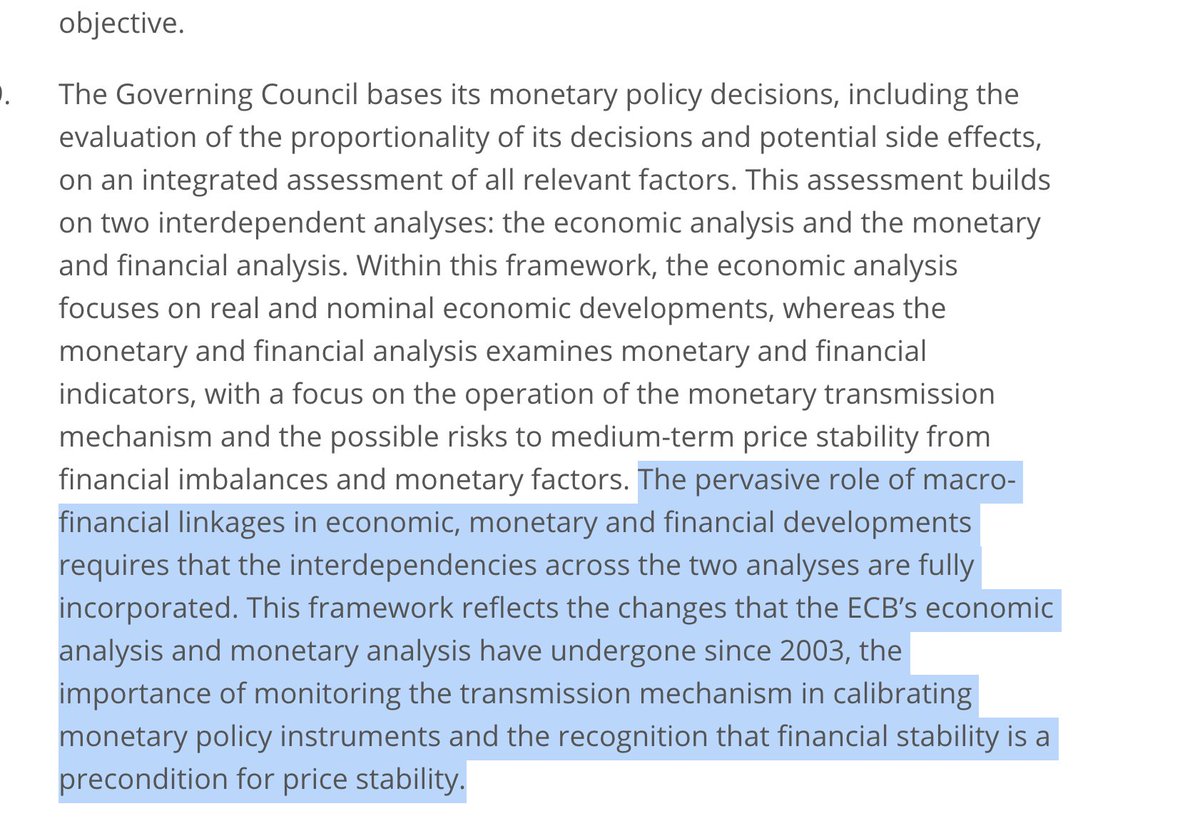
a reminder as you read the #IPCCReport today that governments everywhere, including Biden's, already have an answer to 'what do we do about the climate crisis'
unfortunately for us, and the planet, the answer is 'let's surrender decarbonisation macro to carbon financiers'
unfortunately for us, and the planet, the answer is 'let's surrender decarbonisation macro to carbon financiers'
https://twitter.com/DanielaGabor/status/1400753476368584706
take German Greens: in @FT op-ed today, Baerboek proposes 'bold' EUR 50 bn a year public investment in digital and low-carbon transition.
A 10bn over the annual subsidies Germany provides to fossil fuel activities.

A 10bn over the annual subsidies Germany provides to fossil fuel activities.


Germany, we know from @squirrelista and others, pioneered derisking private finance for climate & development.
call it green ordoliberalism, green financialisation, green neocolonialism, it's been a very successful German export
call it green ordoliberalism, green financialisation, green neocolonialism, it's been a very successful German export
https://twitter.com/squirrelista/status/1422842427413569536?s=20
another reminder that we cannot rely on central banks to lead decarbonisation.
Not because they shouldnt (it's within mandate, we now agree), but because they fear the threats to their powerful position in the macrofinancial architecture
Not because they shouldnt (it's within mandate, we now agree), but because they fear the threats to their powerful position in the macrofinancial architecture
https://twitter.com/DanielaGabor/status/1413091989495627777?s=20
basically, we wont get serious climate policies until we get a change in macrofinancial paradigm:
1. Rolling back power of private finance (no more climate/nature as an asset class, ESG greenwashing bullshit)
2. Rolling out fiscal arm, with better support from central banks
1. Rolling back power of private finance (no more climate/nature as an asset class, ESG greenwashing bullshit)
2. Rolling out fiscal arm, with better support from central banks
I for one will be more optimistic about green macro policies for low-carbon transition when my timeline will be debates about how to improve institutional capacity of Ministries for Green Planning
with due respect, systemic greenwashing is a feature, not a bug of 'private finance solution to climate crisis'.
https://twitter.com/MarkJCarney/status/1424699767293087744?s=20
• • •
Missing some Tweet in this thread? You can try to
force a refresh










